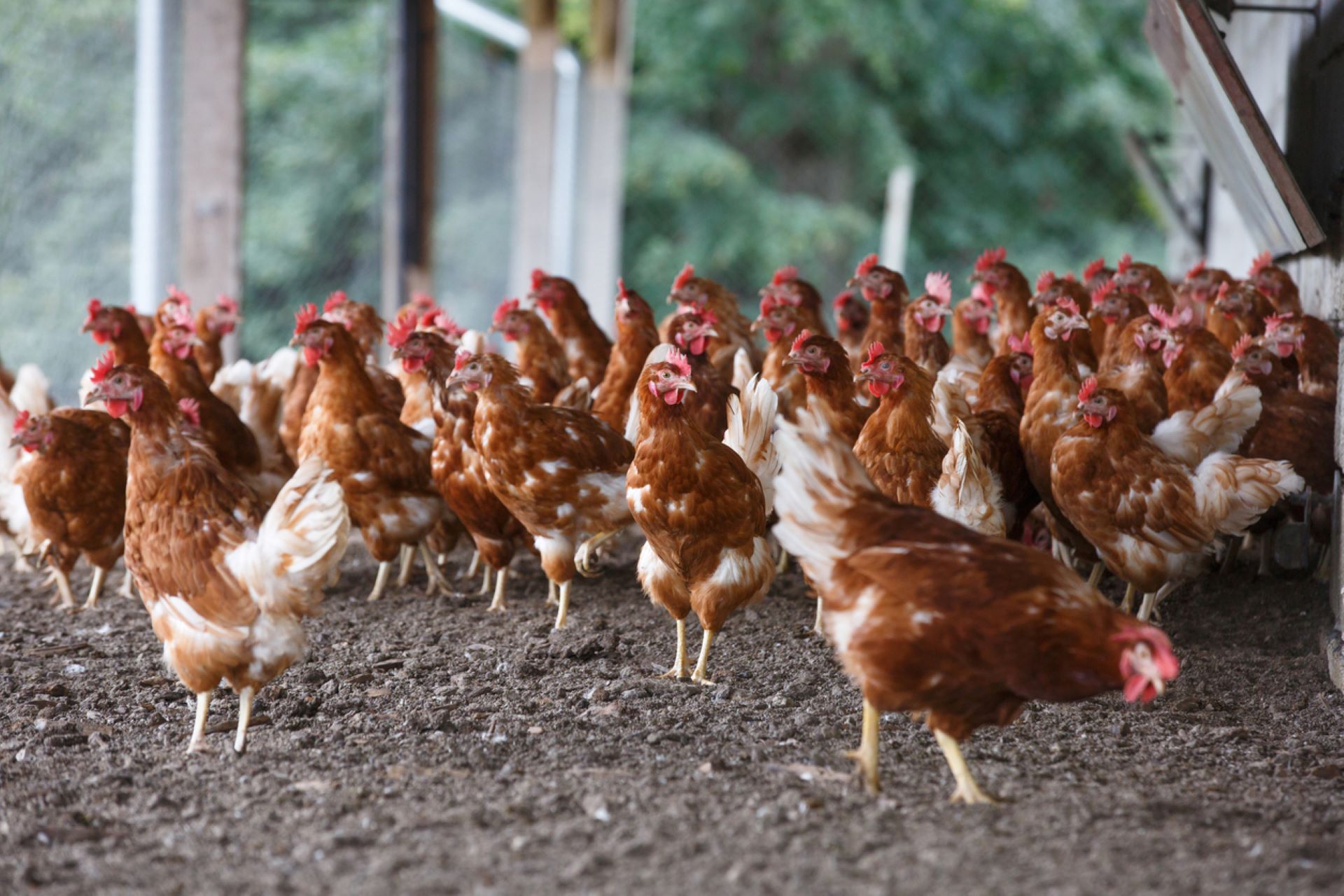As Oklahoma resolves the outcome of a 20-year lawsuit against several large poultry companies over chicken litter pollution in its eastern waterways, state lawmakers have advanced a bill to remove liability from companies in the future, giving them what some environmentalists call a "license to pollute," Ben Felder of Investigate Midwest reported.
What's happening?
Republican State Rep. David Hardin's House Bill 4118 would "insulate the poultry grower, integrator, and waste applicator from any private right of action" as long as they have an approved plan for managing chicken waste from the state, even if they violate that plan, Investigate Midwest reported.
The outlet said that the bill received unanimous approval by the Oklahoma House Committee on Agriculture and advanced in the full House by a 68-28 vote, with opposition from the Democratic minority. It now moves to the State Senate.
Why is Oklahoma House Bill 4118 concerning?
As decided in the court case, runoff from chicken litter, often used as fertilizer, has severely polluted Oklahoma's rivers and streams. Excess phosphorus and nitrogen in the runoff kills fish and makes water unsafe to drink, according to the Environmental Protection Agency.
"I can't think of another industry that has this type of immunity," Matt Wright, chairman of the Conservation Coalition of Oklahoma, told Investigate Midwest. "If an oil and gas company had a spill but said they at least had a plan that tried to avoid the spill, they can still be held liable."
Wright added: "In the eastern part of the state, you have the Illinois River and the Mountain Fork [River], both of which rely heavily on tourism. If there is a huge fish kill or people start getting sick, it will have a huge impact."
Despite the state's ongoing lawsuit against poultry giants and a decrease in pollutants, phosphorus levels still remained above state standards in over a dozen Oklahoman waterways, according to a study from last year, as Investigate Midwest reported. In one part of the Illinois River, the phosphorus rate was 1.153 milligrams per liter; the state limit is 0.037 milligrams per liter.
Democratic lawmakers questioned Rep. Hardin on the bill for 45 minutes before the House vote. "It is reprehensible and quite disgusting that we are debating a bill that prioritizes big ag and corporate lobbyists over our citizens and their drinking water," State Rep. Mickey Dollens said.
However, the bill's supporters argued it simply protects farmers who are following state rules. "We have stringent rules through the Department of Agriculture to protect our environment," Hardin said. "If you're going to sue, sue the state."
What can I do about House Bill 4118?
All of us — even non-Oklahomans — can do our part to combat water pollution by reducing food waste and composting chicken bones and other food scraps. This limits the amount of food waste that ends up in carbon-emitting landfills and vital water sources.
Supporting policies and legislators who prioritize clean water is also key. By making our voices heard, we can protect our precious rivers, communities, and ecosystems by holding polluters accountable. Our planet depends on it.
Join our free newsletter for cool news and actionable info that makes it easy to help yourself while helping the planet.









